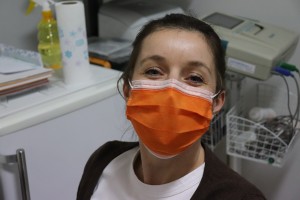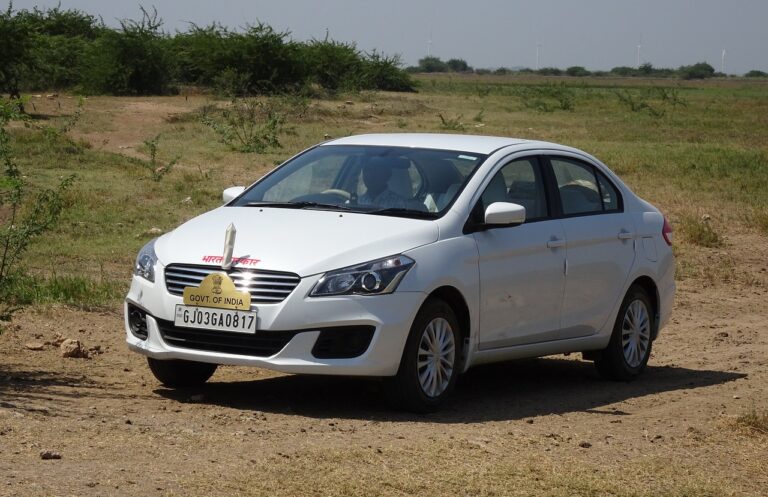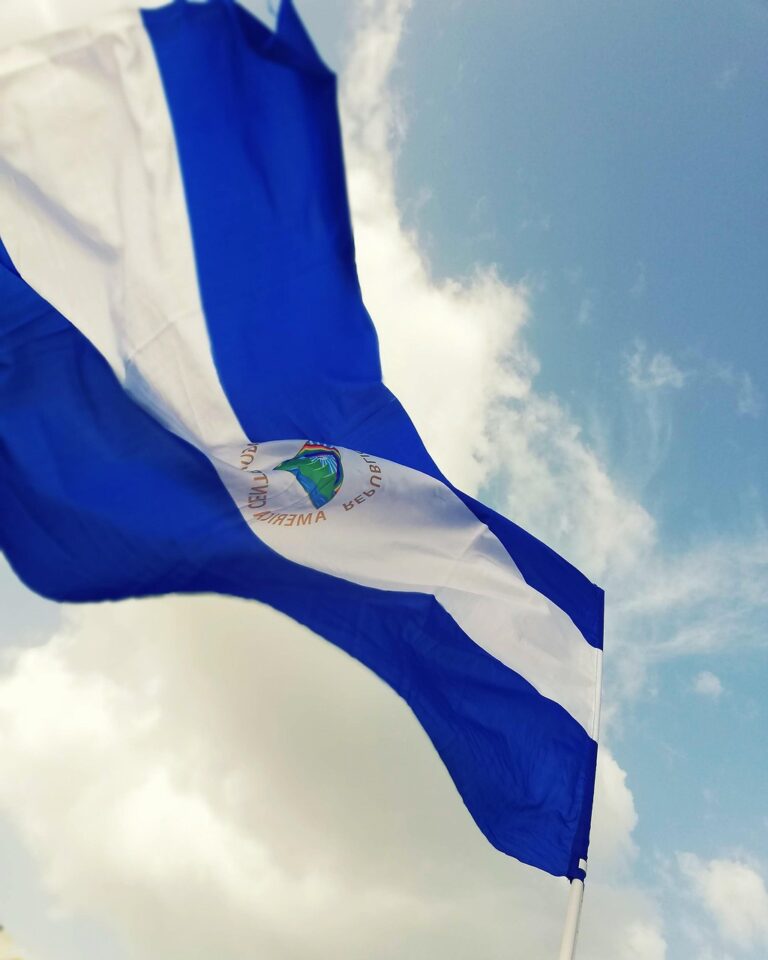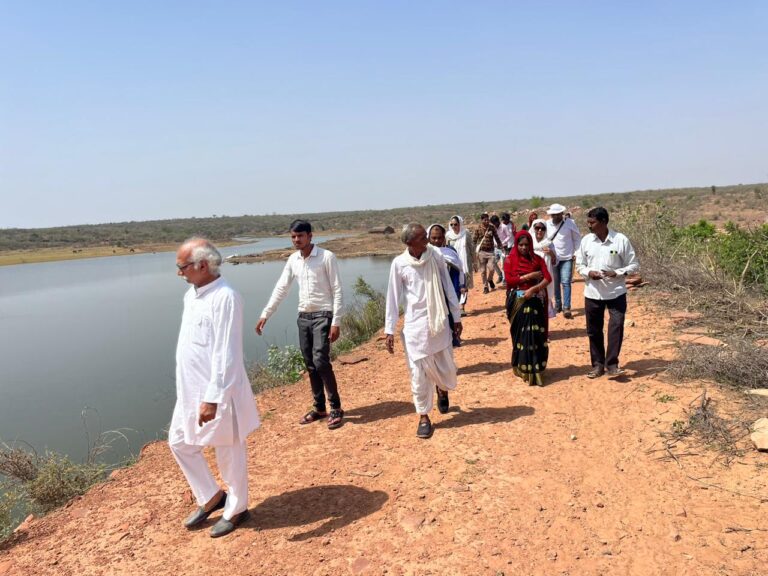
Geneva: Last week saw the lowest number of reported weekly cases since October and the number of reported cases of COVID-19 globally has now declined for the fifth consecutive week, the World Health Organisation (WHO) said here today.
So far this year, the number of weekly reported cases has fallen by almost half, from more than 5 million cases in the week of January 4 to 2.6 million cases in the week starting February 8 – just five weeks.
According to the WHO, this shows that simple public health measures work, even in the presence of variants. “What matters now is how we respond to this trend,” WHO Director-General Dr. Tedros Adhanom Ghebreyesus told media persons here.
Every day with fewer infections means lives saved, suffering prevented, and the burden on health systems eased just a little bit. Dr. Ghebreyesus said today there was even more reason to be hopeful of bringing the pandemic under control after WHO gave emergency use listing to two versions of the Oxford-AstraZeneca vaccine, giving the green light for these vaccines to be rolled out globally through COVAX.
One of the vaccines is produced by SKBio in the Republic of Korea and the other is produced by the Serum Institute of India. Although both companies are producing the same vaccine, because they are made in different production plants, they required separate reviews and approvals. “WHO emergency use listing assesses and assures the quality, safety and efficacy of COVID-19 vaccines, and is a prerequisite for vaccines to be distributed by COVAX. This listing was completed in just under four weeks from the time WHO received the full dossiers from the manufacturers,” Dr. Ghebreyesus said.
Also read: WHO lists 2 additional COVID-19 vaccines for emergency use and COVAX roll-out
The WHO D-G informed that the G7, under the United Kingdom’s presidency, would be meeting on Friday to discuss vaccine equity, and said he would encourage all groups to sign WHO’s declaration on vaccine equity that was announced last Friday by the WHO.
“The fire is not out, but we have reduced its size. If we stop fighting it on any front, it will come roaring back,” he warned, and reiterated that ensuring the rapid and equitable rollout of vaccines globally was essential for saving lives and stabilising health systems. “But it’s also essential for saving livelihoods and stabilising economies,” he added.
According to Dr. Ghebreyesus, fully funding COVAX represented the greatest possible stimulus and was a rounding error compared with the trillions of dollars that had been mobilized in G7 countries to support their economies.
Now that all the pieces were in place for the rapid distribution of vaccines, the WHO D-G said there was still the need to scale-up production. “We continue to call for vaccine developers to submit their dossiers to WHO for review at the same time as they submit them to regulators in high-income countries,” he informed. He said ensuring the rapid and equitable rollout of vaccines globally was essential for saving lives and stabilising health systems. It was also essential for saving livelihoods and stabilizing economies.
– global bihari bureau





